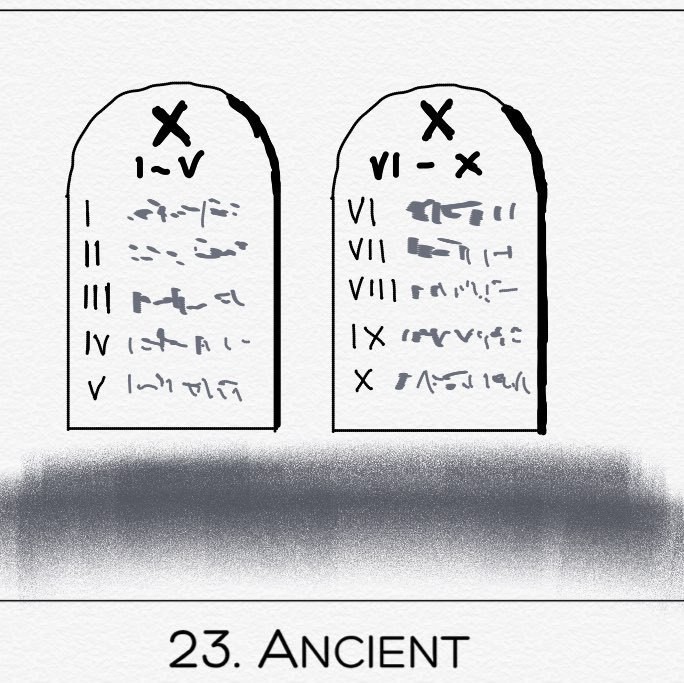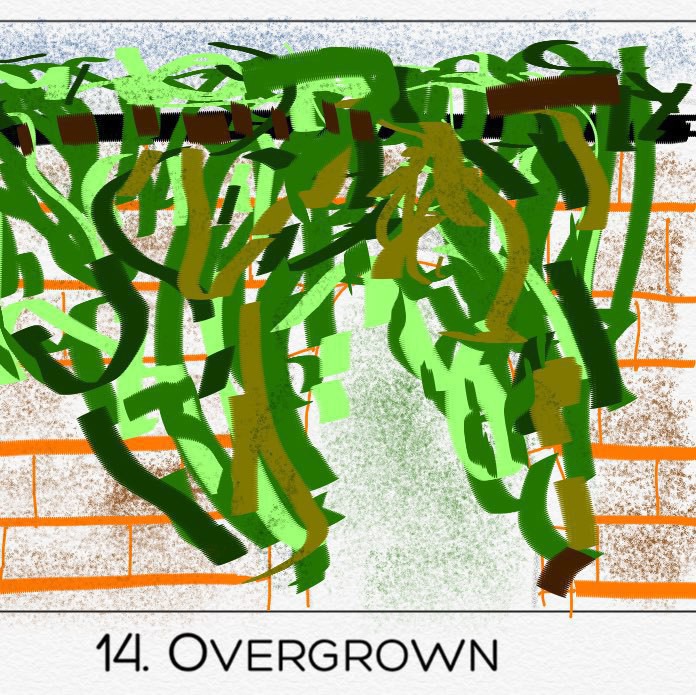Inktober Day 23: Ancient.

Inktober Day 23: Ancient.

My iPhone has been acting really weird the last couple of days. Losing network, apps failing to load, hanging apps and loss of screen responsiveness. I’ve taken the nuclear option: Erase and Reset. I blame iOS 13.
Incense in a coffee shop. I like it.
Being Busy Is Eliminating the Joys of Shared Free Time
To make the most efficient use of their scant time at home, some parents have resorted to using the same enterprise software that organizes their office lives
We’ve been using Basecamp at home and it’s been a game-changer.
I saw a lady wearing a taped-up cardboard box on her head. In the library. Using a computer. Life is interesting.
Inktober Day 22: Ghost.

In the blogging world, this month is Inktober. I am thinking I might challenge myself to make November, Blogvember. August as Blogust would sound better, but I don’t wait to wait another 9 months.
My mind keeps circling back to Dave Winer’s blog. I like how he maintains a pithy flow of commentary through the day. I like that he blogs using an Outliner. No wonder it’s the oldest blog in the world.
Inktober Day 21: Treasure

WhenWorks, the calendar scheduling service that has been brilliant for me and my clients over the past two years, is closing down. It seems Harmonizely is the next best option as it supports CalDAV and Fastmail.
My kid is getting in to Pokemon. This has led to my wife and I watching YouTube videos explaining how to play Pokemon: Trading Card Game. Life takes interesting turns.
Inktober Day 20: Tread.

I appreciate @beck and @tjluoma bringing my attention to a Keyboard Maestro script to allow “Edit Text in an Alternative App” functionality to the Mac.
Inktober Day 19: Sling.

Inktober Day 18: Misfit.

Inktober Day 17: Ornament.

Inktober Day 16: Wild.

I’ve been entirely swamped with work. 🙇🏼♂️
Inktober Day 15m Legend.

Inktober Day 14: Overgrown.
